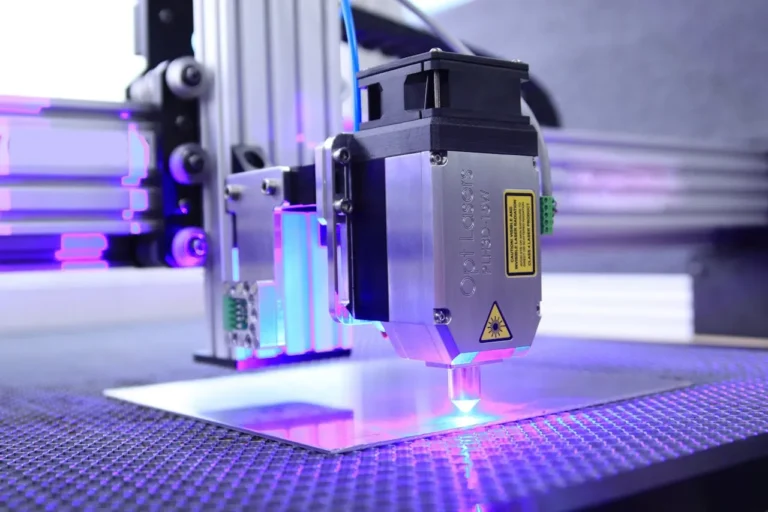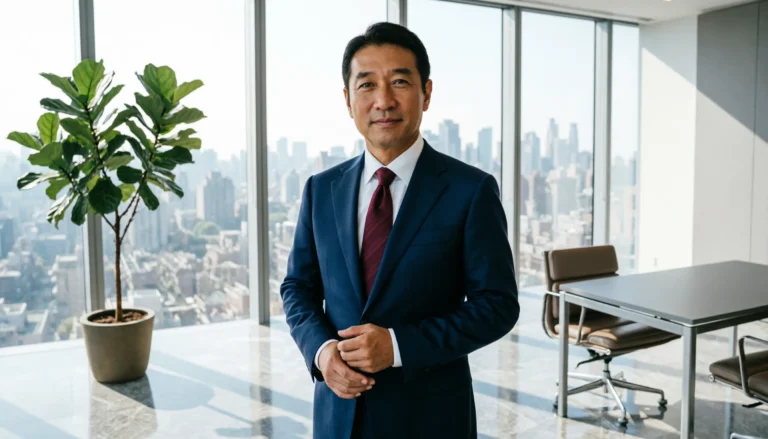
Apple Plans to Invest Over $500 Billion in the U.S. Within the Next Four Years
Apple today unveiled its most ambitious financial commitment to date, pledging to invest more than $500 billion in the United States over the next four years. This groundbreaking initiative underscores Apple’s longstanding dedication to American innovation, advanced manufacturing, and workforce development. The extensive investment will fuel advancements in artificial intelligence (AI), silicon engineering, and educational initiatives aimed at equipping students and workers with critical skills for the future.
“We have immense confidence in the future of American innovation, and this unprecedented $500 billion investment is a testament to our belief in the country’s potential,” said Tim Cook, Apple’s CEO. “By expanding our Advanced Manufacturing Fund, establishing cutting-edge technology centers, and fostering talent development, we are reinforcing our commitment to the United States. We look forward to working alongside communities and businesses across the nation to push the boundaries of what’s possible.”
Expanding Advanced Manufacturing in the U.S.
A key component of Apple’s investment strategy is the establishment of a new advanced manufacturing facility in Houston, Texas, designed to produce servers that will power Apple Intelligence™, the company’s groundbreaking personal intelligence system. This 250,000-square-foot facility, expected to be operational by 2026, will create thousands of jobs and significantly enhance Apple’s ability to deliver AI-powered services.

The servers, previously manufactured outside the U.S., will now be assembled domestically, reflecting Apple’s commitment to strengthening American manufacturing. These servers form the backbone of Apple’s Private Cloud Compute system, an infrastructure designed to merge AI processing with industry-leading security measures. Apple engineers have meticulously developed these servers to be highly energy-efficient, minimizing power consumption in the company’s data centers, which already operate on 100% renewable energy.
To accommodate the expansion of Apple Intelligence, Apple is also increasing its data center capacity in North Carolina, Iowa, Oregon, Arizona, and Nevada. These enhancements will ensure the seamless deployment of AI-driven services while reinforcing Apple’s reputation for sustainable, secure, and efficient computing infrastructure.
Doubling the U.S. Advanced Manufacturing Fund
In a move to further bolster domestic manufacturing, Apple is doubling its U.S. Advanced Manufacturing Fund from $5 billion to $10 billion. Originally launched in 2017, this fund has played a pivotal role in fostering high-skilled manufacturing jobs and technological advancements across the country. The expanded commitment includes a multibillion-dollar agreement with Taiwan Semiconductor Manufacturing Company (TSMC) to produce advanced silicon chips at its Arizona-based Fab 21 facility. Apple is the largest customer of this cutting-edge plant, which employs over 2,000 workers.
Apple’s silicon technology is integral to delivering world-class performance, power efficiency, and functionality across its devices. Currently, Apple’s suppliers operate 24 silicon manufacturing facilities across 12 states, including Arizona, Colorado, Oregon, and Utah. These collaborations contribute to the creation of thousands of high-paying jobs and reinforce partnerships with key industry players such as Broadcom, Texas Instruments, Skyworks, and Qorvo.
Apple’s commitment to domestic manufacturing extends beyond silicon production. The U.S. Advanced Manufacturing Fund has already supported innovative projects in 13 states, including Kentucky, Pennsylvania, Texas, and Indiana. These initiatives have helped scale local businesses, train skilled workers, and introduce state-of-the-art manufacturing techniques crucial to Apple’s supply chain.
Expanding Research and Development Investments
Apple continues to increase its research and development (R&D) investments in the United States. Over the past five years, the company has nearly doubled its R&D spending and is poised for further expansion. A major portion of this investment will be directed toward AI, software development, and silicon engineering.
One of the most recent breakthroughs stemming from Apple’s R&D efforts is the introduction of the iPhone 16e. Equipped with the powerful A18 chip and Apple C1—the first cellular modem designed by Apple—the iPhone 16e sets new standards in performance and battery efficiency. The Apple C1 modem represents a significant milestone in Apple’s long-term strategy to develop in-house modem technology, reducing reliance on external suppliers and optimizing performance across Apple’s product ecosystem.
Over the next four years, Apple plans to hire approximately 20,000 employees, the majority of whom will focus on R&D, silicon engineering, and AI-driven innovations. This hiring initiative will support the growth of Apple’s R&D centers across the country, ensuring continuous technological advancements in custom silicon, hardware engineering, artificial intelligence, and machine learning.
Launching the Apple Manufacturing Academy in Detroit
Recognizing the importance of workforce development, Apple is establishing the Apple Manufacturing Academy in Detroit. This initiative aims to assist small and medium-sized manufacturers in adopting AI-driven manufacturing techniques and smart production processes. Apple engineers, in collaboration with experts from leading academic institutions such as Michigan State University, will provide consulting services and hands-on training to businesses transitioning to advanced manufacturing.
The academy will offer free in-person and online courses, covering essential topics such as project management, supply chain optimization, and manufacturing process enhancements. By equipping workers with these vital skills, Apple seeks to enhance productivity, efficiency, and quality within the American manufacturing sector.
Apple has long been a champion of education and skills development, supporting numerous grant programs that benefit students and workers alike. The company collaborates with organizations such as 4-H, Boys & Girls Clubs of America, and FIRST to offer free coding and technology programs to young learners nationwide.
Additionally, Apple’s New Silicon Initiative continues to provide aspiring engineers with the opportunity to gain hands-on experience in semiconductor design. Initially launched at select universities, the program has expanded to include institutions like Georgia Tech and UCLA’s Center for Education of Microchip Designers (CEMiD). These partnerships ensure that the next generation of innovators has access to cutting-edge training and career opportunities in hardware engineering.
Strengthening Apple’s Economic Contributions
Apple’s $500 billion commitment extends beyond manufacturing and R&D; it encompasses a comprehensive economic strategy that includes direct employment, supplier partnerships, infrastructure investments, and media production through Apple TV+®. Apple currently supports more than 2.9 million jobs across the U.S., spanning direct employment, supplier networks, and the flourishing iOS app economy.
As one of the largest taxpayers in the United States, Apple has contributed more than $75 billion in federal and state taxes over the past five years, including $19 billion in 2024 alone. This financial commitment reflects the company’s broader mission to drive economic growth, create high-paying jobs, and maintain leadership in technological innovation.
A Vision for the Future
Apple’s historic $500 billion investment reaffirms its dedication to American innovation, job creation, and sustainable economic growth. By expanding domestic manufacturing, doubling down on R&D, and investing in workforce education, Apple is positioning the U.S. as a global leader in AI, silicon engineering, and advanced manufacturing. As Apple continues to shape the future of technology, its commitment to fostering American ingenuity remains stronger than ever.




